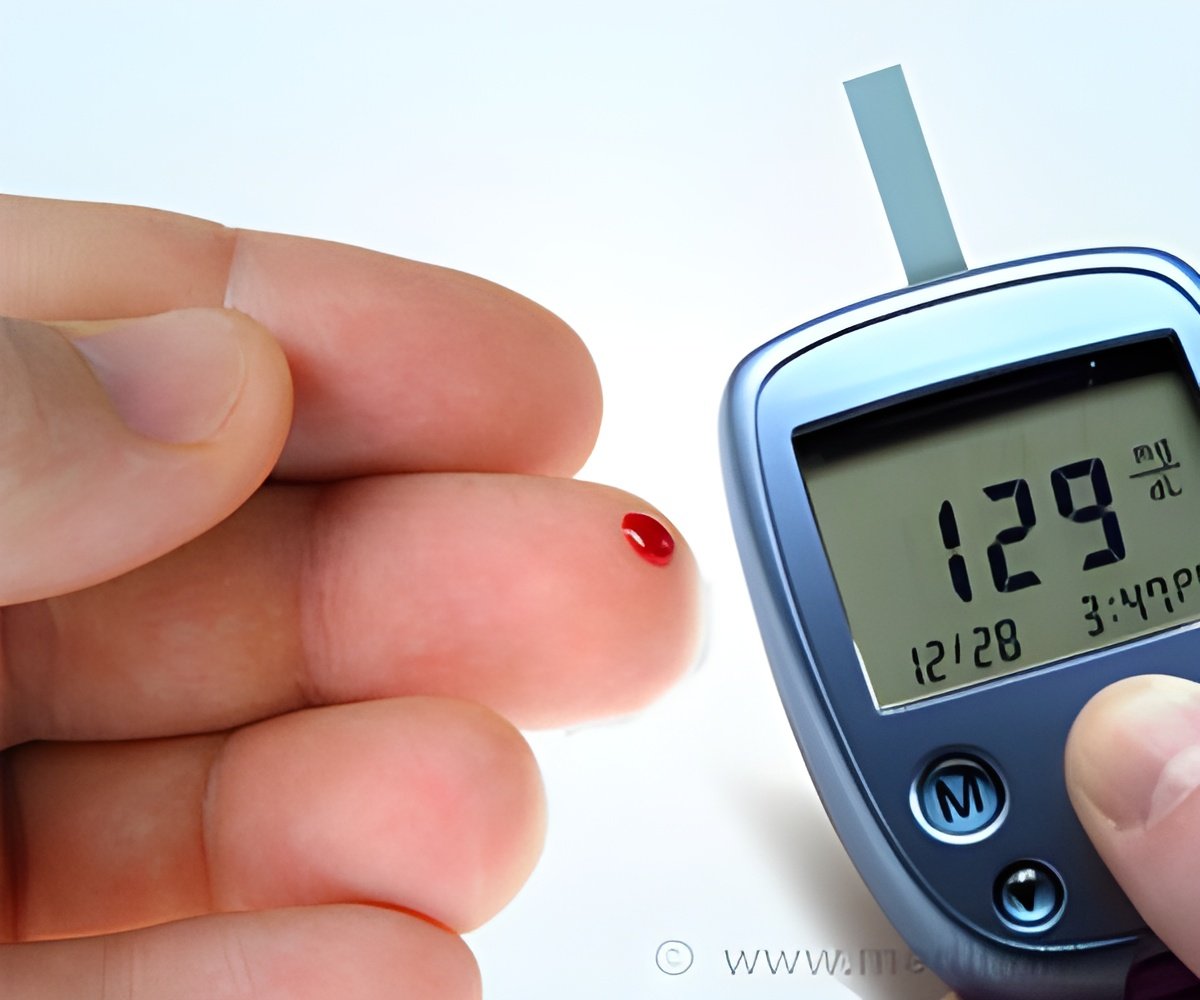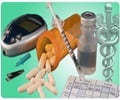It is not yet clear why oral diabetes medications, unlike insulin, appear to be protective and it warrants additional research.

"CRP concentration increased 75-200 percent over the two-year period for those 10 percent of study participants living in the highest traffic areas who were using insulin when compared to those living in lower traffic areas," said first and corresponding author Christine Rioux, research assistant professor at the Tufts University School of Medicine in the US. "In contrast, CRP concentration did not increase for the 22 percent of people taking metformin and/or other oral diabetes medications who were also living in the high traffic areas," Rioux noted.
Of the 356 participants in the study, 91 (26 percent) used insulin, 197 (55 percent) used only oral diabetes medication and 68 (19 percent) reported using no diabetes medication.
CRP was measured at the beginning of the study and again two years later, using a high sensitivity test. "It is important to know who is most vulnerable to the adverse effects of traffic pollution exposure for purposes of education and policy," Rioux noted.
People who live near busy roads and spend most of their time in these areas have been shown in many studies to have higher levels of inflammation, a risk factor for many cardiovascular and metabolic diseases.
"This study is important because many people who live near highways may have diabetes and other serious chronic conditions," Mkaya Mwamburi from the Tufts University School of Medicine pointed out. "It is interesting to see that treatments for diabetes may interact with the risks associated with exposure to air pollution."
Source-IANS
 MEDINDIA
MEDINDIA




 Email
Email










